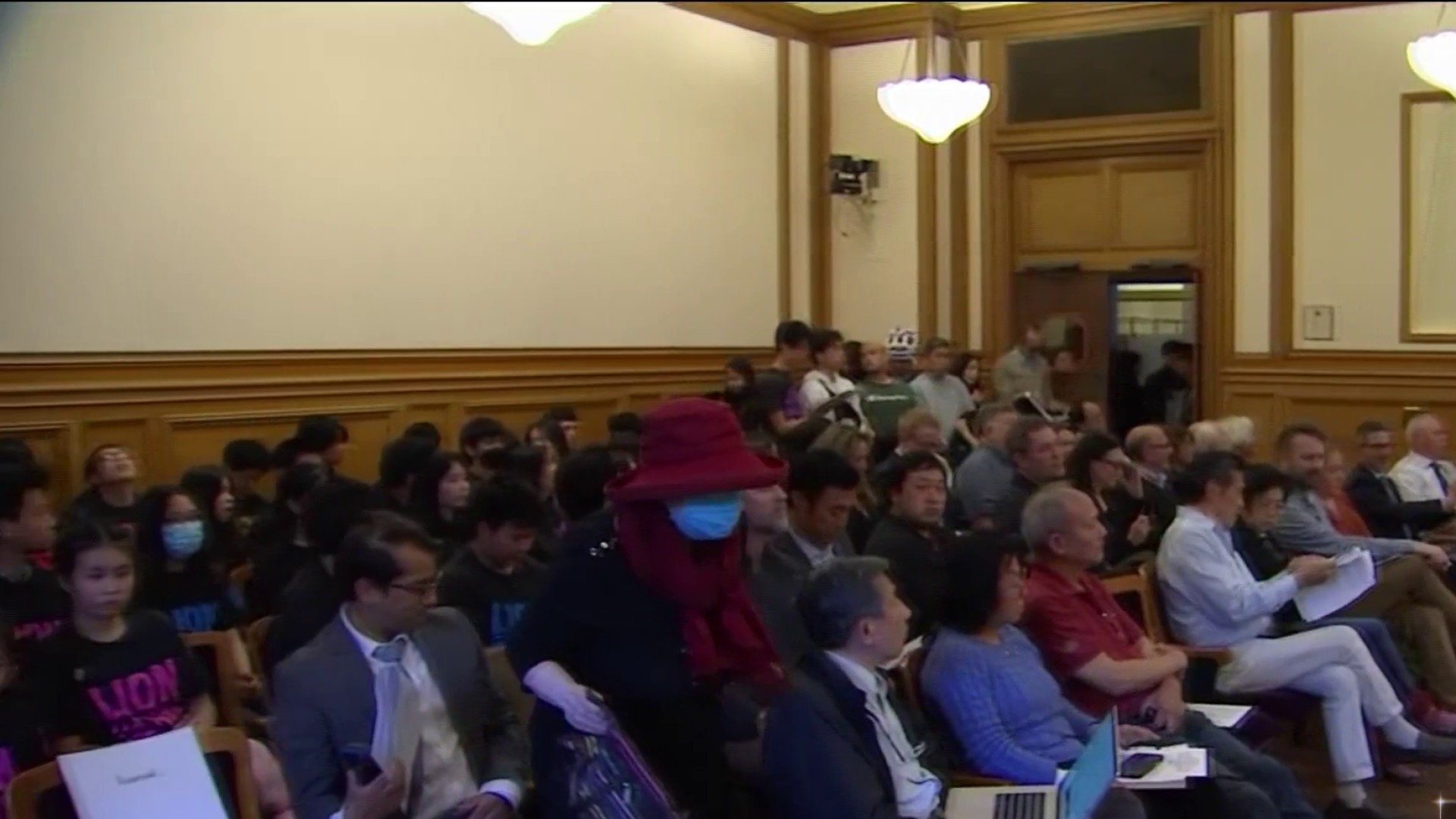
A federal appeals court in Washington D.C. on Tuesday ruled in favor of the San Francisco Public Utilities Commission in a case against both PG&E and the Federal Energy Regulatory Commission over basic power hookups for public projects.
Attorneys for the city have argued that PG&E for years has demanded the city purchase extremely expensive equipment to connect public facilities across the city to PG&E's electrical power grid in an attempt to hinder competition by the SFPUC, which also offers power service.
The demands have resulted in delays for dozens of city projects, including the construction of a homeless shelter, schools, libraries, and transit projects, according to the SFPUC.
The city typically pays PG&E about $20 million per year for access to PG&E's grid, serving facilities that provide city services.
Get a weekly recap of the latest San Francisco Bay Area housing news. Sign up for NBC Bay Area’s Housing Deconstructed newsletter.
City officials estimate the city has spent an additional $13 million within the last three years to cover equipment costs, delays, redesigns related to power hookups.
The Tuesday decision in federal appeals court centered around PG&E's wholesale service to SFPUC under rules approved by the Federal Energy Regulatory Commission, or FERC, and covered two separate appeals from the SFPUC that challenged FERC orders.
In the first case, the three-judge panel unanimously ruled in favor of the city over a 2019 complaint that alleged that PG&E was demanding equipment needed for high-voltage primary power connections when most of the city's projects instead needed secondary connections that carry lower voltages. Because FERC sided with PG&E, the three-judge panel ruled FERC did not sufficiently justify its reasoning.
Local
The court noted that FERC's orders displayed "a troubling pattern of inattentiveness to potential anti-competitive effects of PG&E's administration of its open-access Tariff."
The court added, "Faced with claims that PG&E was frustrating that competition by treating its own retail service preferentially and refusing service for customers San Francisco had served for decades, [FERC] fell short of meeting its 'duty' to ensure that rules or practices affecting wholesale rates are 'just and reasonable.'"
The second case the court addressed stemmed from a 2013 complaint regarding the city's ability to serve grandfathered customers who were served up until 1992. The court called FERC's orders on grandfathering "arbitrary and capricious," invalidating FERC's orders on the matter and referring it back to FERC for further proceedings.
"This is a clear victory for fairness," SFPUC General Manager Dennis Herrera said in a statement. "This ruling sends a clear message that PG&E's obstruction wasn't justified. It also underscores why we should own our local electric distribution network rather than be subject to the whims of PG&E, a repeat convicted felon."
"This ruling recognizes that PG&E has spent years obstructing San Francisco's efforts to power our own municipal services using our own clean power," City Attorney David Chiu said. "The Court requires FERC to ensure PG&E's rules are actually needed for safety and reliability so that PG&E cannot use its monopoly to derail San Francisco's efforts to provide affordable, public power."



